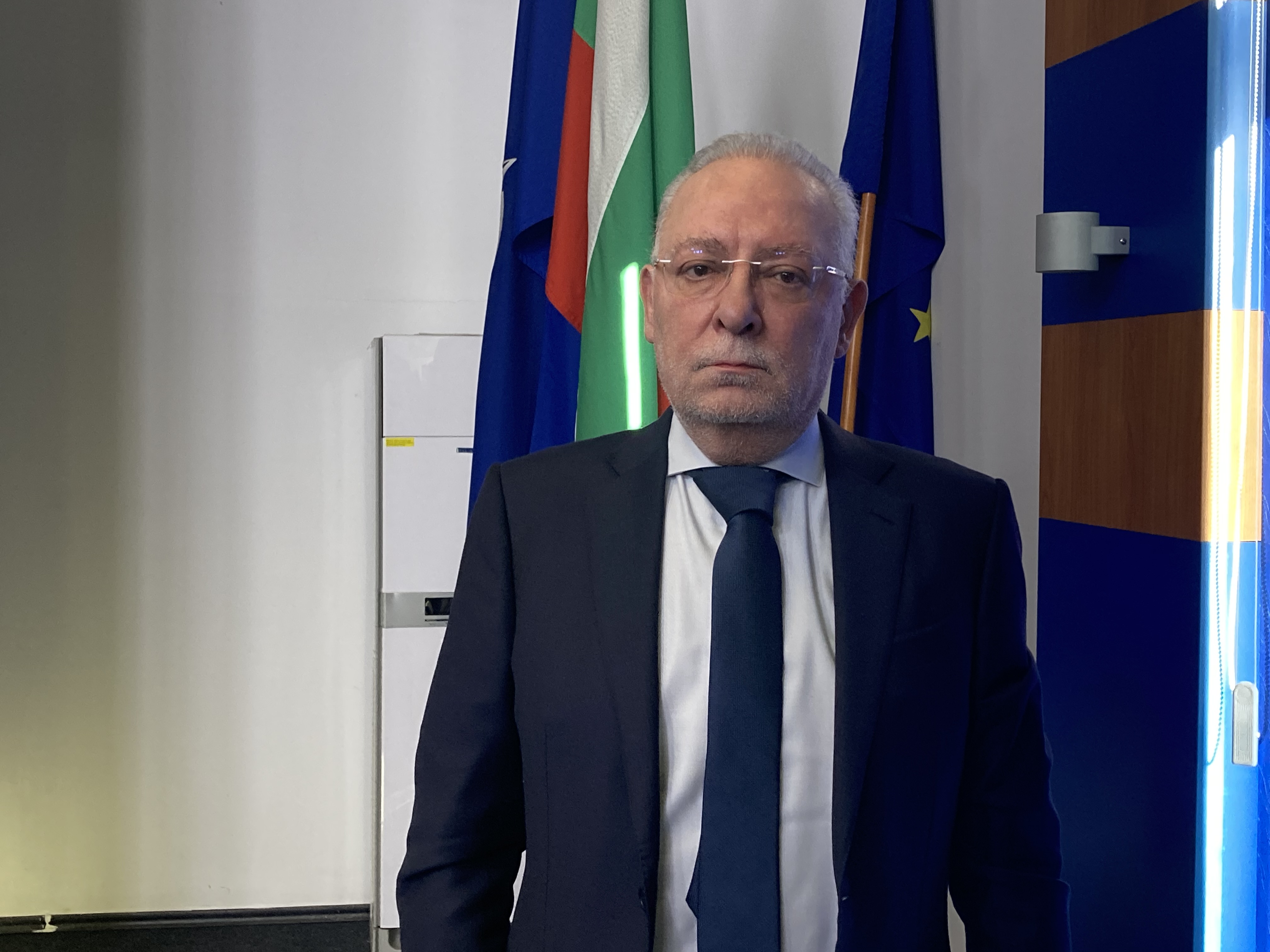"The undeveloped e-government was an obstacle for the easier transition through the crisis," BIA Chairman Radosvet Radev expressed during the presention of the problems in the business environment.
- The admission of Bulgaria to the OECD and the Schengen area and active work towards the faster accession of Bulgaria to the Eurozone;
- Accelerated development of the e-government;
- Fight against the gray economy, corruption, monopolization and cartelization;
- Limiting administrative regulation and administrative control over economic activity to the minimum required by EU law;
- Restriction of the so-called ecological racketeering against business by pseudo-environmental organizations, hindering investment processes;
- Adoption of a balanced national energy strategy until 2030 with a view to 2050;
- Measures in the field of demographic policy, incl. development of a national program for the resettlement of citizens with Bulgarian origins back to Bulgaria, policies for retention of the work force which returned from abroad due to the crisis with Covid - 19, etc .;
- Adoption of measures, incl. through amendments in the Higher Education Act and the Vocational Education and Training Act, ensuring a closer connection of education, vocational training and qualification with the needs of the economy and the public sector;
- Finalization of the negotiations on the elaboration and adoption of a transparent mechanism for strengthening the contractual principle in determining the minimum wage.
These are just some of the priorities of the Association of Bulgarian Employers' Organizations (AOBR) for 2021, presented during the press conference. The press conference was held by the Chairmen of the members of AOBR - the Association of Industrial Capital in Bulgaria (Vasil Velev), the Bulgarian Industrial Association (Radosvet Radev), the Bulgarian Chamber of Commerce and Industry (Tsvetan Simeonov) and the Confederation of Employers and Industrialists in Bulgaria (Kiril Domuschiev).
The main reason for the gathering of the four employers’ organizations is the rotationin the Chairmanship of AOBR, who’s President is currently BICA– due to the rotating principle of management,
Radosvet Radev presented the state of the business environment. Some of the highlights of his standpoint:
It was a monstrous year in which we had shutdown businesses, non-functioning tourism, people working from home. A very difficult year. We couldn’t observe any consistencies from one month to another.
The BIA survey from the end of last year showed that the assessment of the business climate provoked by the Covid crisis is very negative. 89% of the respondents see deterioration, and only two percent are optimistic. The assessment of the condition of the enterprises is similar. On the other hand, the deterioration of the business climate is also associated with the poor performance of the institutions which receive highly negative assessments – there’s 90% of distrust towards the National Assembly. People in business realize that some of the trouble came from incompetent laws. It is also extremely worrying that 56% of respondents postpone any investments in the short term.
What will we monitor this year in the business climate? First of all, we insist on preserving the the tax model in the country. The speed with which businesses go bankrupt is important, as there is a serious threat of an avalanche of bankruptcies, but due to the fact that the process is slow, this hinders other businesses. We are extremely addicted to the fair retirement model - we must link the receipt of a pension with the paid social security contributions. We also support the development of private pension funds, not their liquidation, which distinguishes us from trade unions. We believe that the bloating of the administration should be hindered and stopped and we should think about encouraging the development of new technologies, green technologies, etc.
This year we got caught unprepared because the e-government was not completed. The things that were happening forced the processes in this regard to be accelerated. The state has a debt and it had to realize that the undeveloped e-government was an obstacle for an easier transition through the crisis.
Our constant theme is the reduction of administrative burdens. We believe that a new strategy for SMEs should be adopted, because we have seen that they are the most affected by the bad business environment.
Our call for accelerated connection of enterprises to all network structures remains, as per our favorite example – the connectiong to the power grid 262 days at 91 in Estonia (according to the World Bank).
We also need some sensible measures against the environmental racketeering, which fails to invest.
Last but not least, we believe that the current procedure for establishing national representation of employers' organizations is archaic and should be modernized.







